Grain Buds, what makes today so special?
video
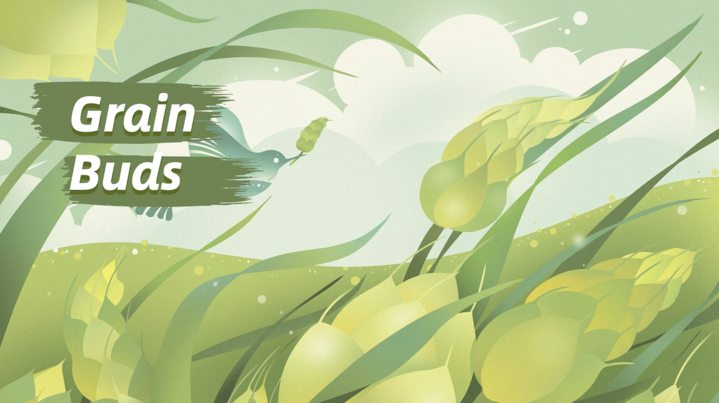
(Photo/inJiangsu right reserved)
The traditional Chinese lunisolar calendar divides the year into 24 solar terms, which not only serve as a timekeeping system for agriculture but also encompass a rich collection of folklore. The 24 solar terms originated over 2,000 years ago as a way to track the changing seasons and guide agricultural activities. Each term corresponds to a specific astronomical event or natural phenomenon, marking the subtle shifts in weather and climate throughout the year.
Imagine a calendar that not only marks the passage of time but also syncs perfectly with nature's rhythm. The Chinese 24 solar terms are like a finely tuned symphony composed by nature itself, guiding the rhythm of life in China for centuries. For example, "Spring Equinox" signals the equal length of day and night, while "Grain in Ear" indicates the time for wheat to mature. These terms not only mark the changing weather patterns but also dictate the best times for agricultural activities, like planting, harvesting, and celebrating traditional festivals.
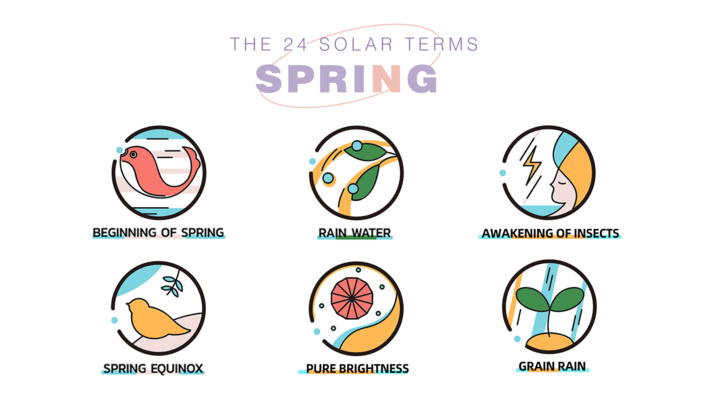
(Photo/inJiangsu right reserved)

(Photo/inJiangsu right reserved)
It's as if nature has its own language, whispering the secrets of the seasons to those who listen closely. These periods are often celebrated with various customs, rituals, and traditional foods, which offer not just a glimpse into the changing seasons, but also a window into the rich cultural heritage of China.
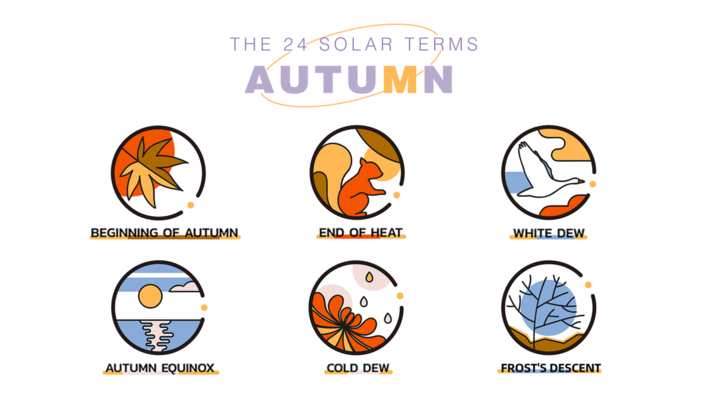
(Photo/inJiangsu right reserved)

(Photo/inJiangsu right reserved)
Among them, "Xiaoman," also known as "Grain Buds" or "Lesser Fullness," is the 8th solar term, occurring around May 20th-21st. Grain Buds is a very important solar term in China. The Chinese name "Xiaoman" literally has two meanings. First, in the southern regions of China, it's related to climate and precipitation, as heavy rains typically increase and become more frequent in this period. Second, in northern regions, there is little or no rainfall during Xiaoman, so the name refers to the fullness of wheat. Therefore, the name "Xiaoman" is generally associated with rising waters, flourishing fields, and thriving vitality.
"Xiaoman" solar term also holds great cultural and historical significance. There are numerous beautiful poems associated with Xiaoman throughout history. For example, in the poem "Xiaoman" by poet Ouyang Xiu from the Northern Song Dynasty, he wrote: Where nightingales serenade amidst verdant willows, the luminous moon awakens in the sky," depicting the beautiful scenery of the Xiaoman season.

Photo/VCG
Xiaoman symbolizes tranquility and ease, which embodies the wisdom and virtues passed down by Chinese people for thousands of years. During this period, grains in the summer begin to plump up but are not fully ripe yet, which conveys the wisdom of always cultivating humility and not rejoicing excessively in material things. When maintaining moderation and generosity, we are actually leaving room for fullness and allowing ample space for all things to thrive. With everything having their own proper rhythm, let's embrace the vibrant growth and the thriving future, just as the profound cultural significance implied by Xiaoman.
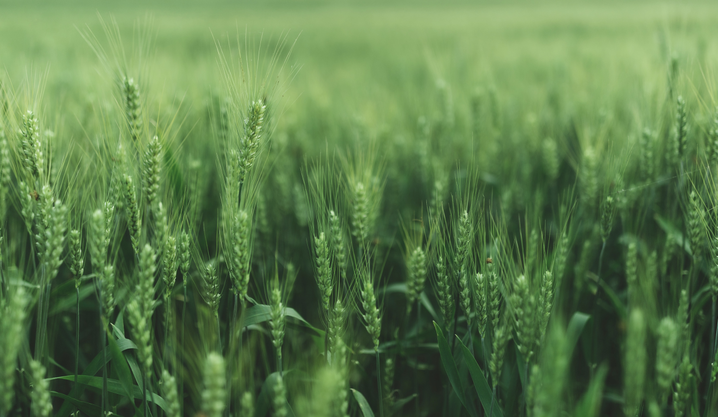
Photo/VCG
Customs of Xiaoman often involve activities aimed at promoting agricultural productivity and ensuring the thriving growth of crops. These activities include "Worshipping the God of Carts", "Praying for Silkworms", and "Eating Wild Vegetables".
Worshipping the God of Carts:
During Xiaoman, as the rain increases significantly, rivers and streams begin to fill up. At this time, crops in the fields require ample moisture, so farmers are busy using water carts to irrigate. Worshipping the God of Carts is an ancient Xiaoman custom in some rural areas. Farmers place fish, meat, candles, and other offerings on the cart base as a form of worship. Among the offerings is a cup of clear water, which is poured into the fields during the ritual, symbolizing the abundance of water sources.
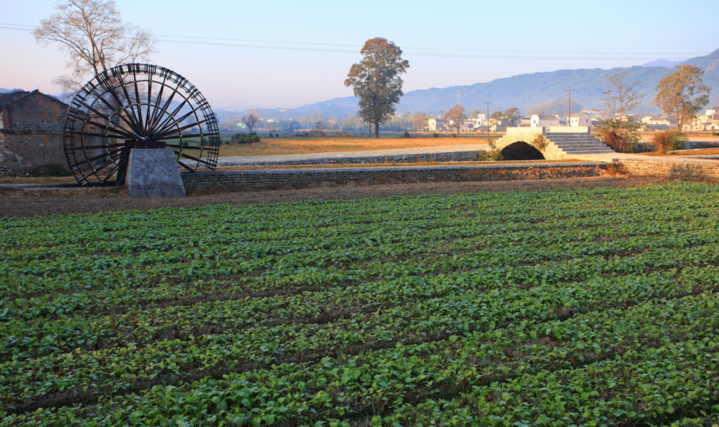
Photo/VCG
Praying for Silkworms:
Legend has it that Xiaoman is the birthday of the silkworm god, so in regions like Jiangsu and Zhejiang, there is a ritual called "praying for silkworms" during Xiaoman. Silkworms are delicate creatures that are difficult to raise, as their survival is influenced by factors such as temperature, humidity, and the condition of mulberry leaves. In order to ensure a good silkworm harvest, people hold prayers during this time. Families involved in sericulture visit temples to pray and make offerings of wine, fruits, and dishes.
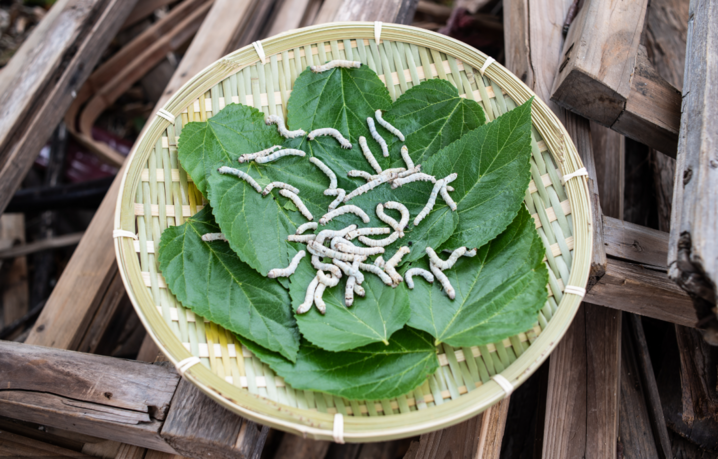
Photo/VCG
Eating Wild Vegetables:
Eating wild vegetables is also a custom associated with Xiaoman. The wild vegetables taste a little bitter yet sweet and can be made into various dishes. In Traditional Chinese Medicine, they have the function of cooling the blood and detoxifying the body. So wild vegetables are also used as herbs to treat fevers, and other diseases.
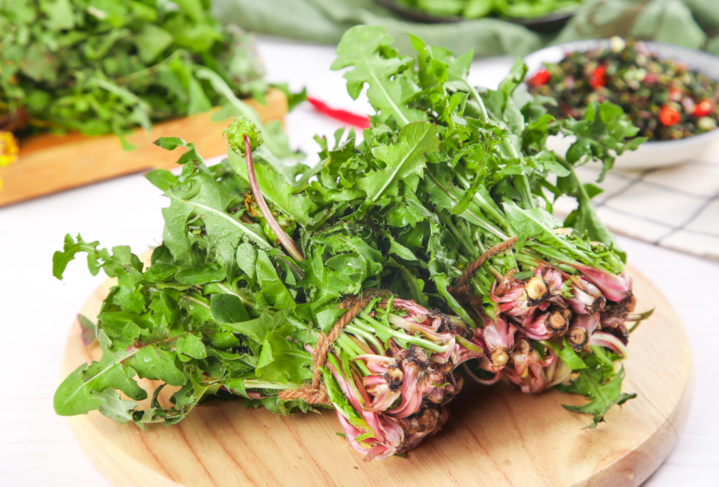
Photo/VCG
About this column:
Culture 101 is your introductory guide to the splendid treasure trove of traditional Chinese culture. Follow us, and experience the lingering charm of the cultures of Wu, Jinling, Huaiyang, and Chu-Han in Jiangsu.
Editor:Zhang Qi
Graphic designer:Xu Meng
Video director/narrator:Zhang Linman
Video post editor:Chen Yiquan